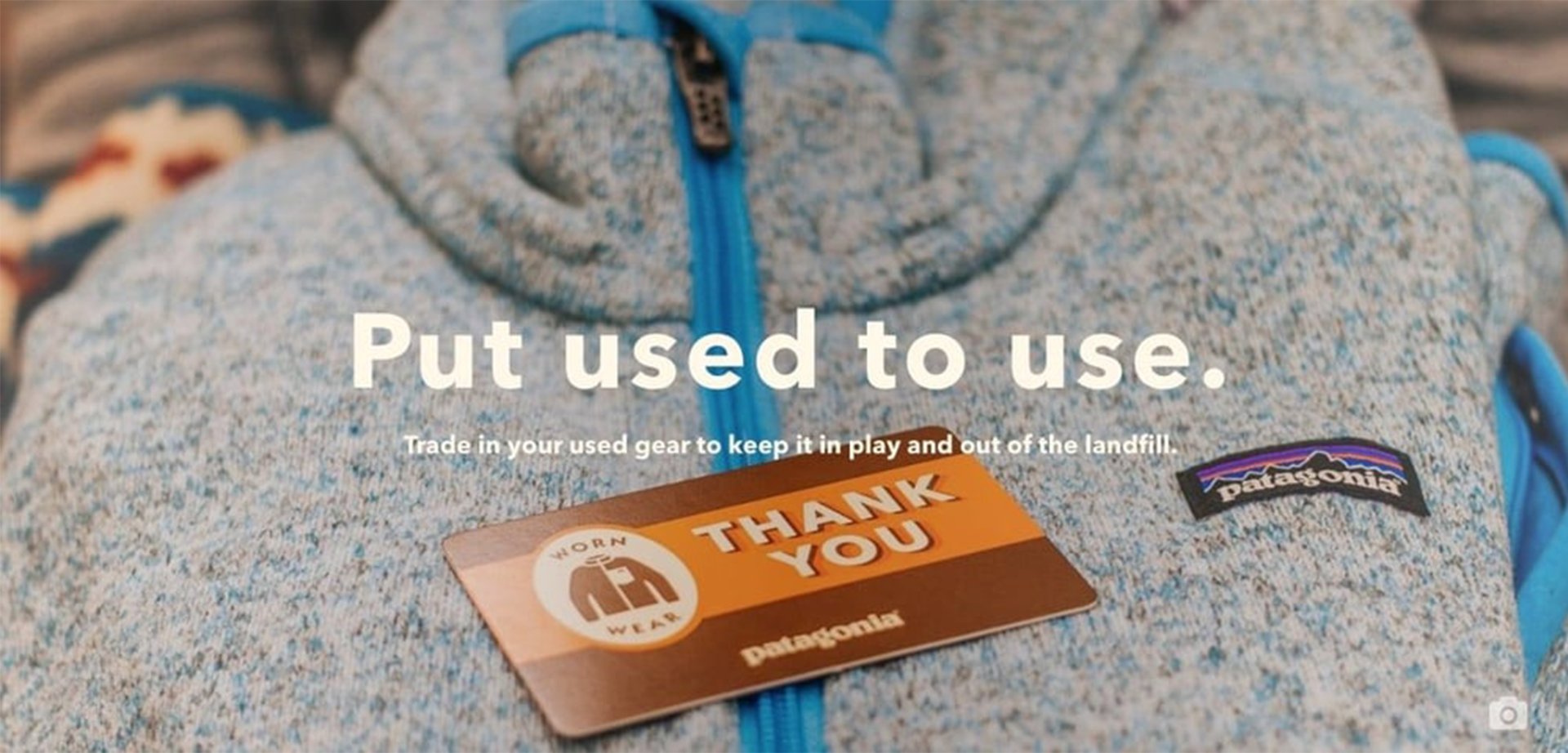In a world grappling with a plethora of challenges, the role of businesses has evolved significantly. Beyond providing products and services, businesses are now expected to be socially responsible. One way this is being achieved is through company swag. This blog post explores how brands are leveraging swag to make a positive impact in the world.

Swag and Social Responsibility: An Unlikely Pair
Swag, often associated with promotional merchandise, has traditionally been used as a branding tool. However, in recent years, a new trend has emerged, coupling swag with social responsibility. Brands are turning their promotional products into a force for good, creating items that not only raise brand awareness but also contribute positively to society.
Social Responsibility in Swag: A Shift in Perception
The shift towards socially responsible swag is driven by a change in consumer perception. Today’s consumers are more discerning and value-driven, preferring brands that demonstrate a commitment to social, economic, and environmental well-being. Swag, in this context, becomes a means for brands to express their commitment to these issues and connect with their audience on a deeper, more meaningful level.
Examples of Socially Responsible Swag
There are many ways in which brands can incorporate social responsibility into their swag. Here are some innovative examples that have left a significant impact.
Environmentally Friendly Swag:
Many companies are opting for eco-friendly swag, such as reusable water bottles, tote bags, and products made from recycled materials. These items not only reduce waste but also promote environmental consciousness among consumers.

Charitable Swag:
Some brands partner with charities and create swag that contributes to a good cause. For instance, a brand might produce a line of t-shirts and donate a portion of the sales to a designated charity. This type of swag allows consumers to feel good about their purchase, knowing it’s supporting a worthy cause.

Educational Swag:
Swag can also serve an educational purpose. For example, a health-focused brand might give away fitness trackers to encourage physical activity, or a tech company might distribute books about coding to encourage skill development.

The Business Case for Socially Responsible Swag
While socially responsible swag contributes to societal good, it also benefits the companies that embrace it. It improves brand image, deepens customer loyalty, and enhances employee engagement. After all, who wouldn’t want to be associated with a brand that’s committed to making a difference?
Making Social Responsibility a Part of Your Swag Strategy
Incorporating social responsibility into your swag strategy requires a thoughtful approach. It’s important to align your initiatives with your brand values and your target audience’s interests. Also, the cause you support should resonate with your company’s mission and purpose.
Swag and Social Responsibility: Looking Ahead
The future looks bright for the convergence of swag and social responsibility. As more brands recognize the value of this approach, we can expect to see an increase in innovative, impactful, and inspiring swag items. With the right strategies, businesses can turn their promotional products into powerful tools for social good.

In conclusion, socially responsible swag represents a new direction in the corporate world – one that’s guided by a strong sense of purpose and a commitment to creating a better world. By aligning their promotional products with meaningful causes, brands can strengthen their connections with customers, boost their reputation, and ultimately, make a difference where it counts.
With the right approach, every company can create socially responsible swag that leaves a lasting impact. It’s not just about promoting your brand; it’s about using your platform to spark change and contribute to the greater good. In the end, that’s what truly makes a brand stand out.





